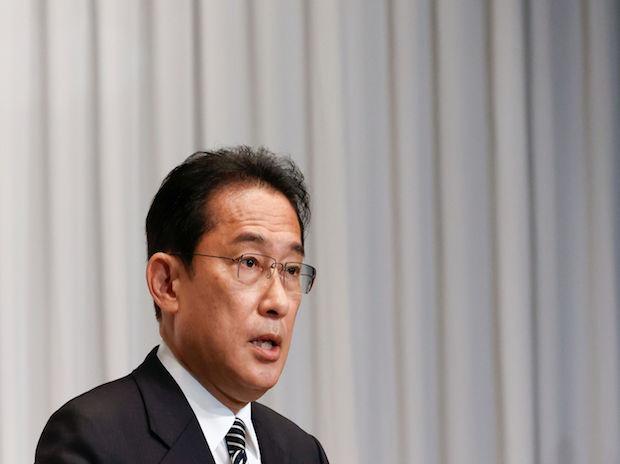Japan will deny certain tax breaks to big companies that don’t hike wages and boost deductions for those that do, as part of efforts to raise salaries in the country, a final draft of the ruling party’s annual tax reform plan showed on Wednesday.

The carrot-and-stick approach underscores Prime Minister Fumio Kishida’s focus on distributing wealth to households, including by urging firms whose profits have returned to pre-pandemic levels to raise pay.
Since it swept to power in late 2012, the Liberal Democratic Party-led government has piled pressure on cautious Japanese firms to spend their record cash piles to boost wages. But many of them have resisted given uncertainty over the outlook.
Large companies raising wages by 4% from year-before levels will receive deductions of up to 30% off their taxable income, according to the plan obtained by Reuters.
Small firms that raise wages by 2.5% will be eligible for a tax deduction of up to 40%, the plan for next fiscal year’s tax reform showed.
At the same time, companies that don’t raise wages will not be able to claim tax deductions for spending on areas such as research and development, promoting investment, 5G, digital transformation and carbon neutrality, it showed.
OECD data shows Japanese wages have remained largely flat over the past 30 years, causing Japan to suffer “lost decades” and grinding deflation.
The ruling Liberal Democratic Party (LDP) and its coalition ally Komeito are expected to endorse the tax break plan later on Wednesday. The full version of the tax reform plan is expected to be approved by the parties on Friday.
The reform plan will form the basis for the government’s tax policy for the fiscal year beginning April 2022.
Support InfoStride News' Credible Journalism: Only credible journalism can guarantee a fair, accountable and transparent society, including democracy and government. It involves a lot of efforts and money. We need your support. Click here to Donate
